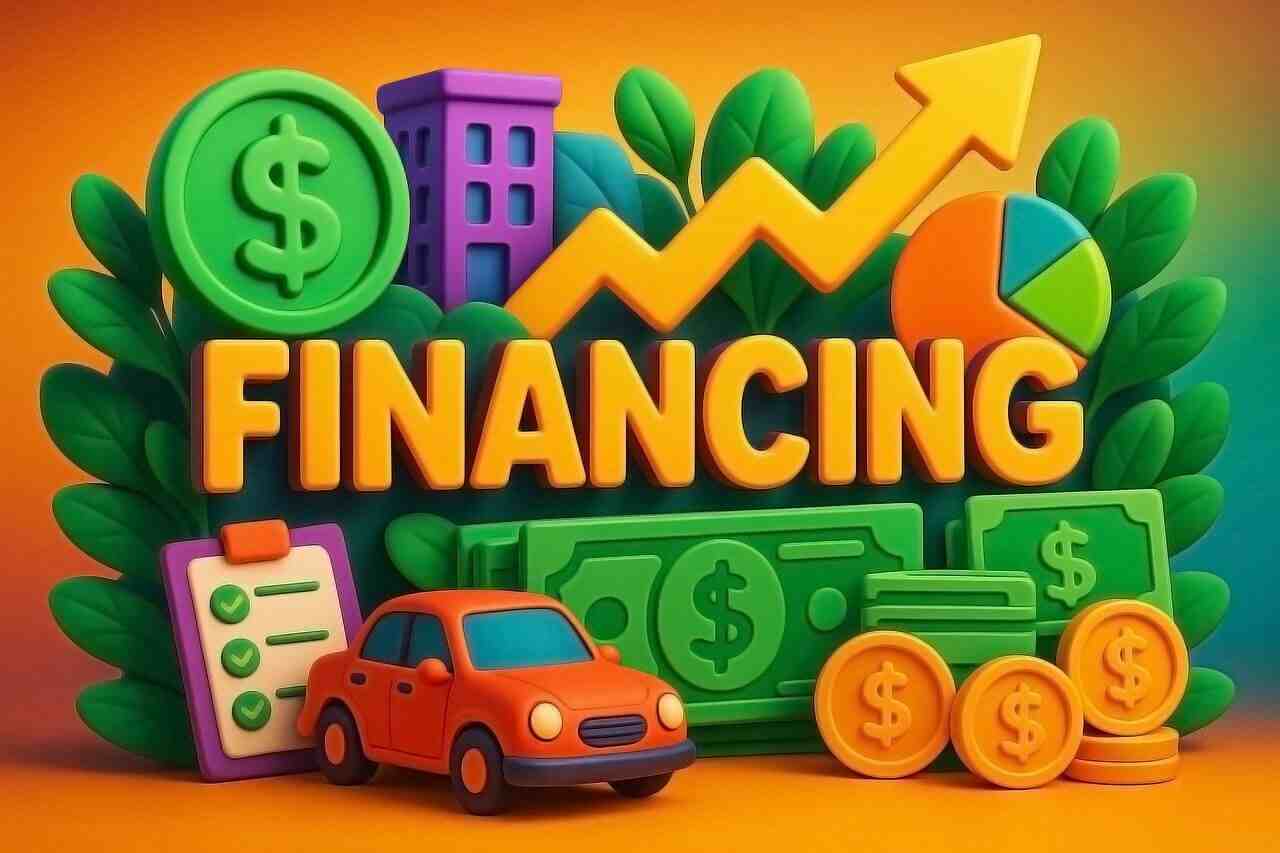Hello friends, today we will learn through this article about five ways you can easily get a personal loan. But before that, we also need to know the reasons why people take loans, such as for consolidation. Apart from this, loans are mostly taken for home repairs, for some emergency reason, or to buy a big item.
If you need a loan for any of these reasons, and that too as soon as possible, then today we will learn about five such processes, after completing which you can easily get a loan. You can pass all the procedures very easily so that you can get the loan as soon as possible and your work is done. Apart from this, it is very important for you to know about all the information and elements related to the loan.
Loan Eligibility and Credit Score Check:
Any bank or loan provider first considers the borrower’s age, their residence, their income, and their minimum credit score. This is because the credit score determines the loan amount a person can receive. Furthermore, it also considers whether the person has previously taken out a loan, whether they have any outstanding balances, and whether they have valid proof of their source of income.
Decide Loan Amount and Needs:
After the loan applicant’s document verification is complete, they will be informed of the loan amount they can receive. They can then take out as much loan as they need. Based on this, the loan repayment period, the monthly interest rate, and the monthly installments will be calculated. This is one such chapter which is very important to understand and know well so that it can be found out how much percentage interest has to be paid on the loan amount and about all other calculations.
Know About Multiple Loan Offers:
Before applying for a loan, it’s crucial to know a few things, such as comparing different loan provider companies to determine which has the lowest interest rate, processing fees, prepayment charges, and late payment penalties. Furthermore, the loan amount and its turnaround time are all available.
You can compare these things through various websites or the bank’s official website. Additionally, you should learn about the various bank loan offers, which are constantly available. After reviewing all this, you can apply for a loan. But before that, remember to request the bank to provide you with the monthly installments and interest payments. Write down all the other calculations on paper so you can remember them.
Also Read : How To Apply Loan From Navi App
Collect Documents and Submit the Application:
Next comes the document verification process. First, you’ll need to provide your ID and address proof, along with income proof such as a salary slip, bank statement, or income tax return. You may also need to provide employment proof, KYC documents, and proof of residence. This depends on the loan provider, which may vary from company to company.
Some companies also accept digital-first processes, such as scanned and uploaded document copies or instant e-KYC verification, which ensures a quicker document verification process. When filling out the loan application form, you’ll first need to provide your personal information and income details to avoid any delays in verification. Where I can suggest one thing like you should create a separate folder in advance and keep all the documents scanned and collected so that when you fill the form, you can easily find them.
Loan Approval Dispersal and Rep Payment Step:
After submitting the loan application, all documents are verified and your credit score is checked. The interest rate and other calculations for the loan amount are finalized and approved, and you are given a letter. A few days later, the loan amount is disbursed to your bank account, which can take up to a few business days, depending on the individual loan provider.
When you receive the loan letter, it’s important to thoroughly examine it before accepting it. It’s important to ensure the amount listed is correct, the interest rate, and any other charges or penalties listed are incorrect. After carefully reviewing everything, if you encounter any issues, you can immediately contact the bank and file a complaint, ensuring you don’t have any future issues.
So today we learned five such processes by going through which you can apply for a loan very easily because in these I have told some such process or information which is very important for you to know and when you apply for a loan, it is important for you to have information about these things first so that there is no problem later and only after making all the preparations in advance you can apply for the loan and your loan also gets approved.

